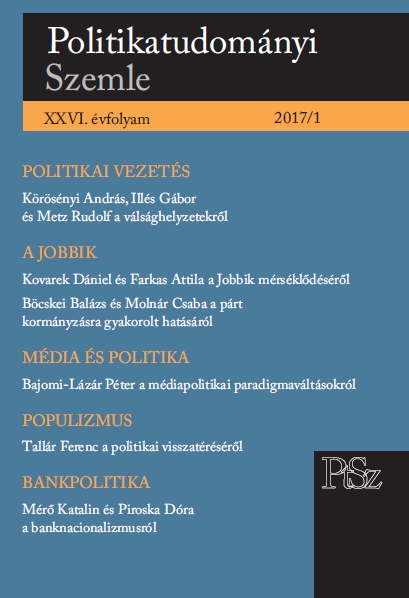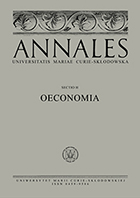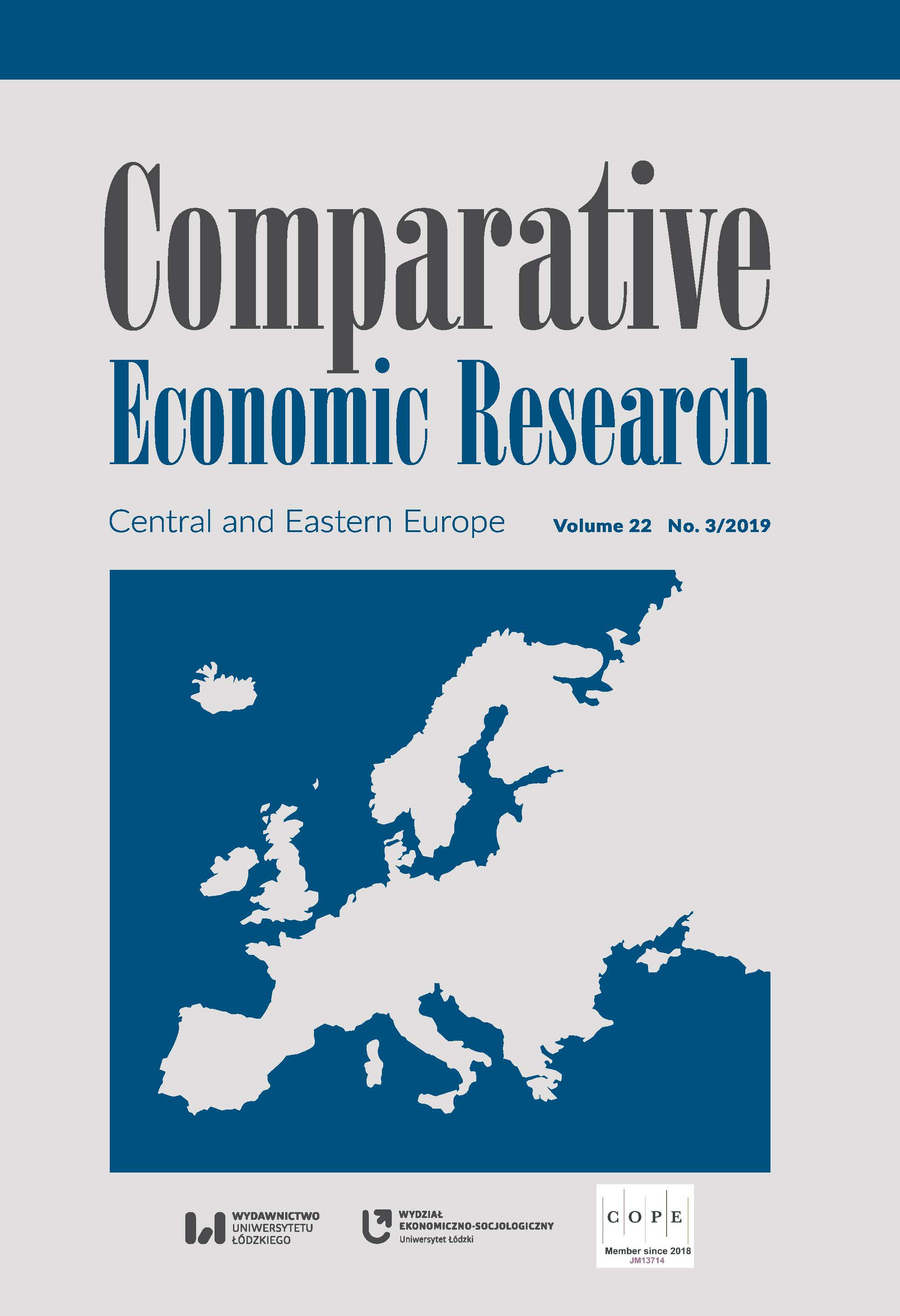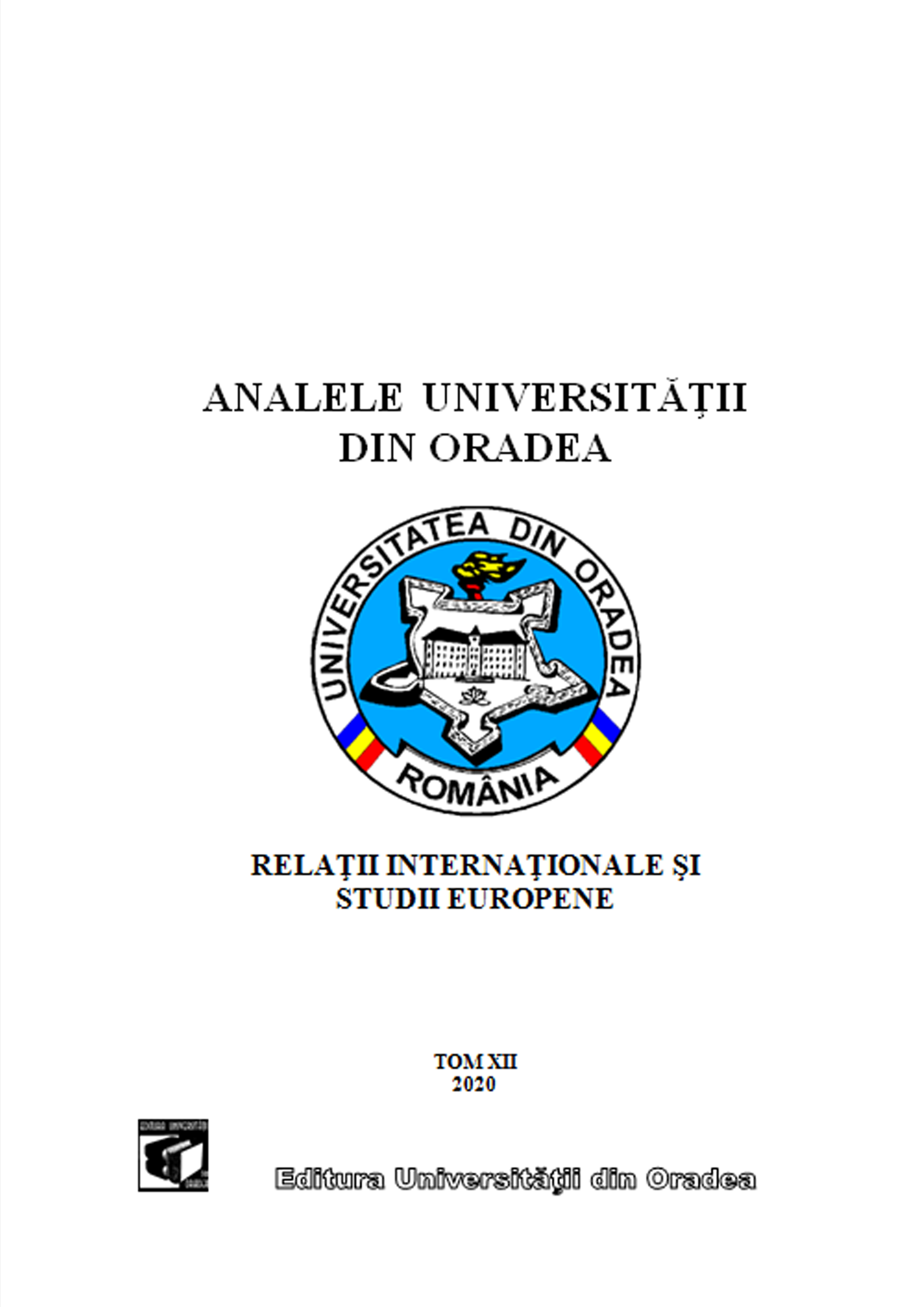
TOWARDS A LAW OF SUSTAINABLE FISCAL RESOURCES
Our approach aims to raise the benchmarks intended, we believe, to print efficiency rules for public financial law which, by definition, governs the issue of budgetary resources. Knowing the mechanism of legal and tax and the use of this type of resource, given the current context, we introduce some approaches to the position of financial law located in the best connection with economics, and we consider key issues of this - crisis/ growth, sustainable development, strategies/ policies, state intervention tools etc. aiming to easier to put out various budgetary implications caused by certain processes/ phenomena in the real economy. Also, we bring some elements of analysis, comments and views coming to justify the importance of rights (set of rules and principles of major influence) the financial and fiscal consolidation based in the extent possible, the development lasting nature. It is expected thus that such a law (fiscal consolidation based on sustainability) can drive more speedily to create a stable tax system capable of generating sufficient budgetary resources in terms of efficiency and efficacy, ensuring cost reductions with unit budget and compliance taxpayers being, while flexible, simple, transparent and adaptable to national/ international changes.
More...









